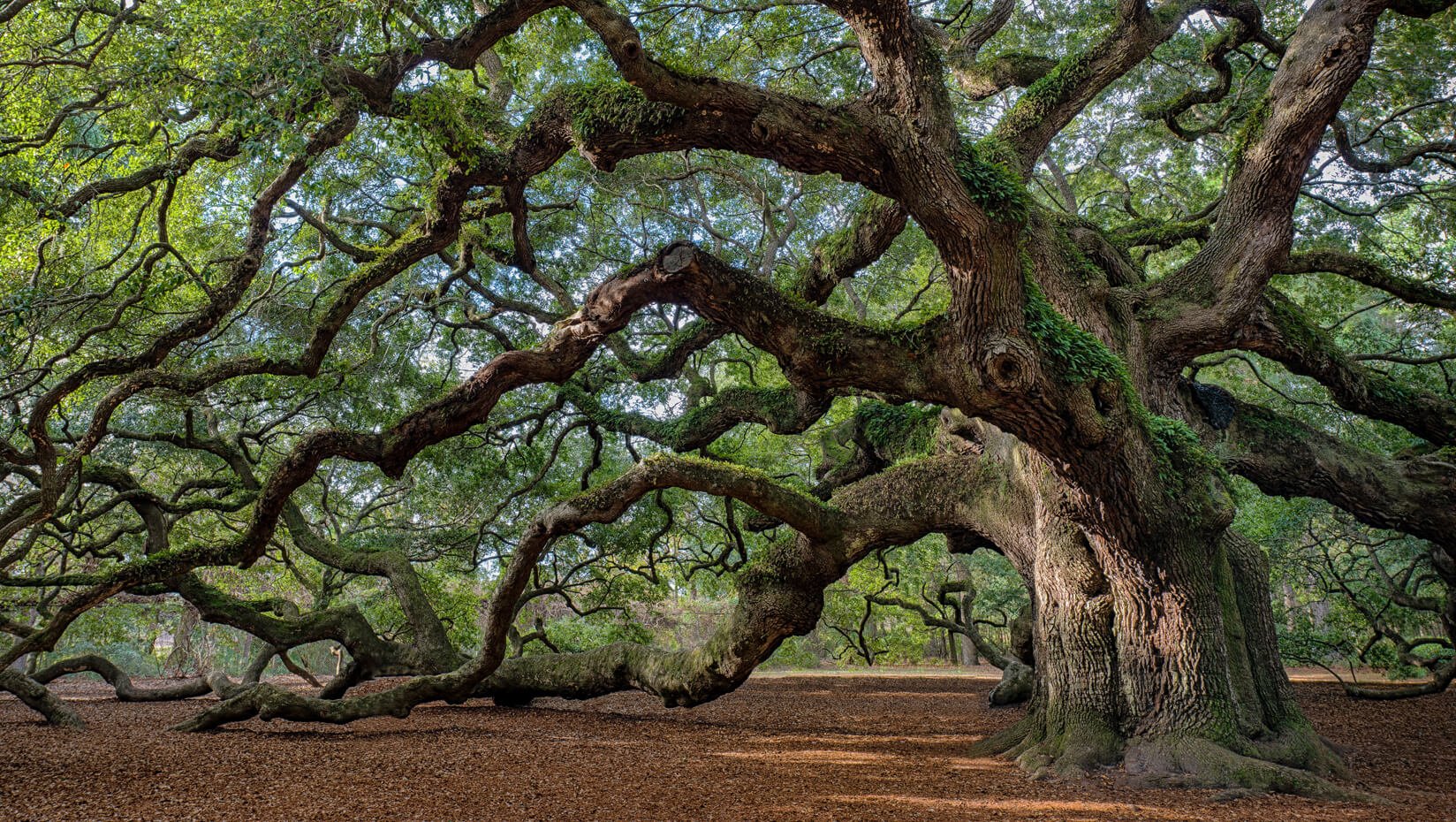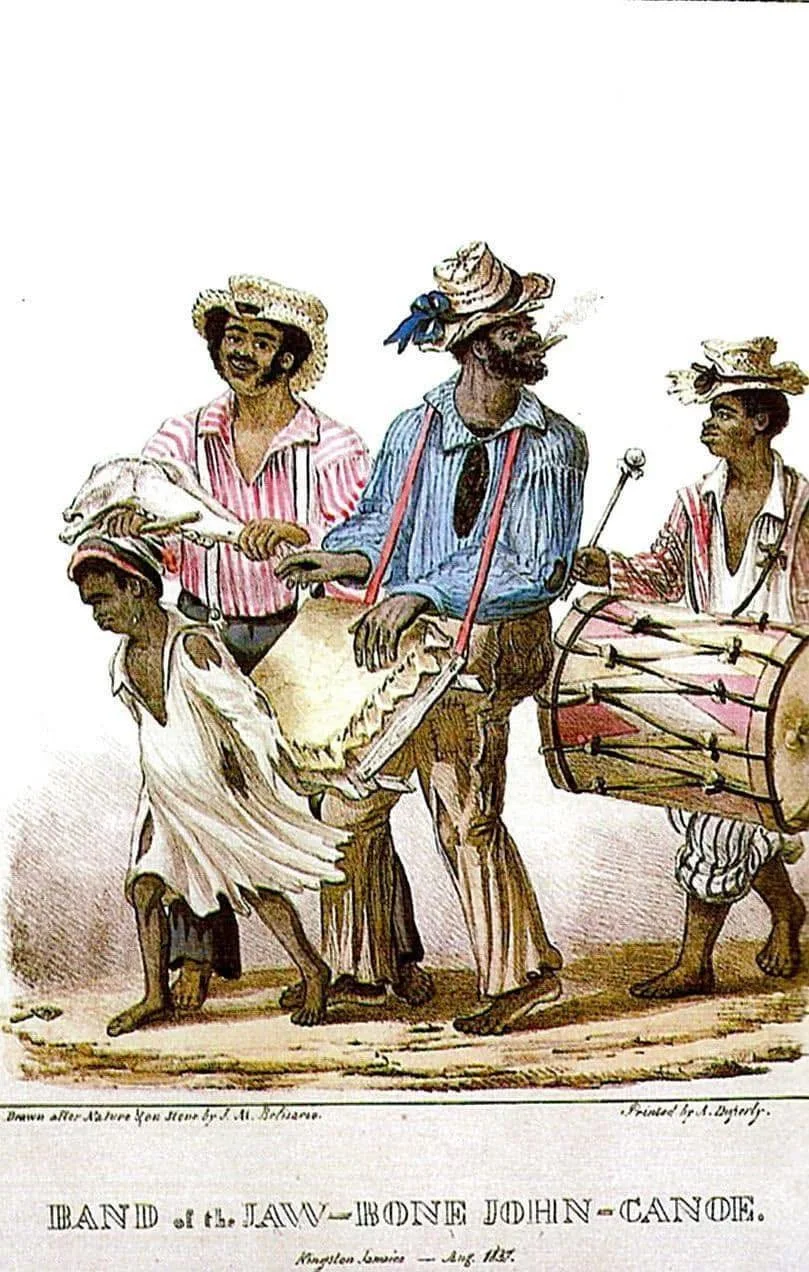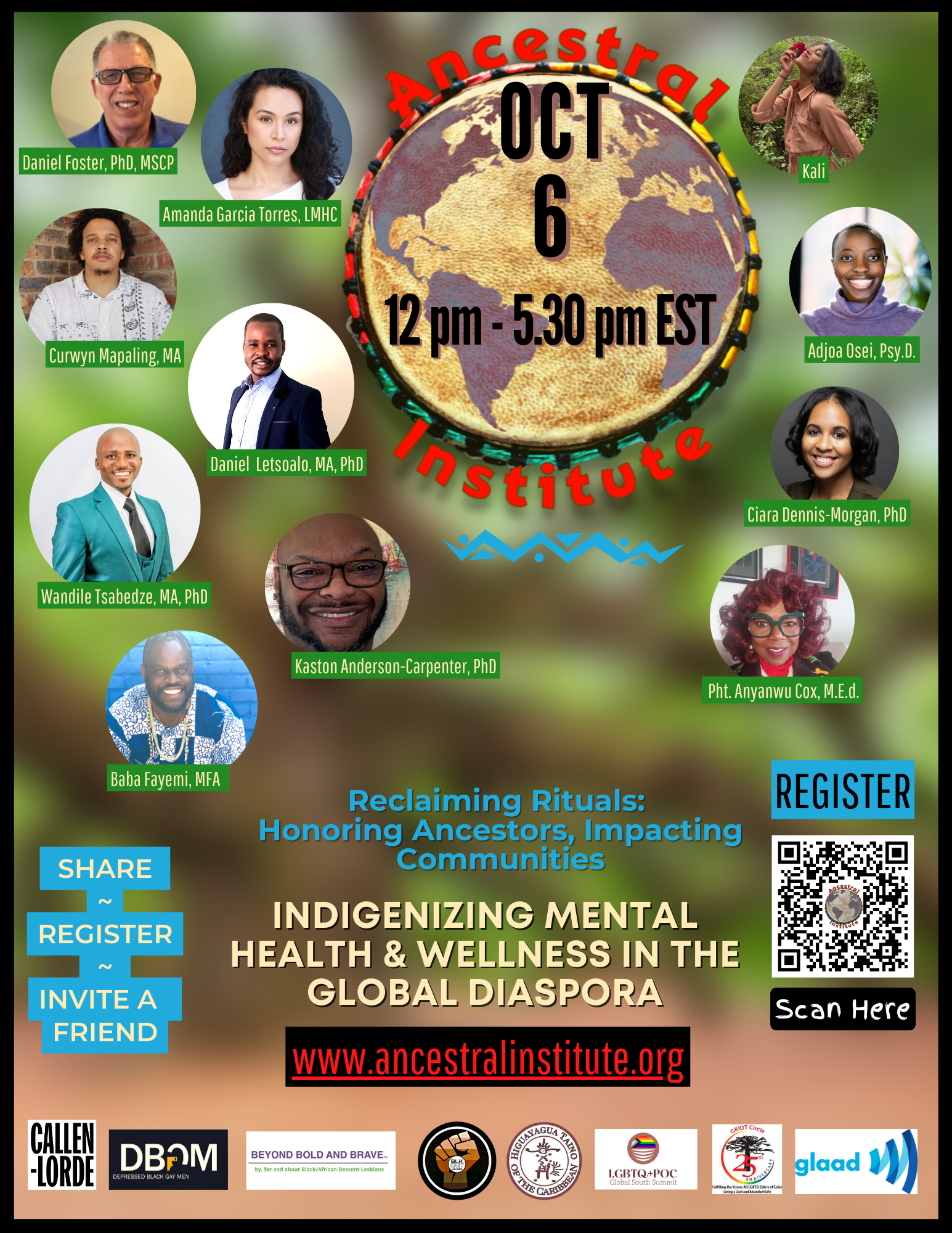
The Ancestral Institute (AI) is a forum in which participants bring and share ancestral/traditional healing practices, and examine how these can be incorporated with contemporary mental health psychological paradigms to work toward achieving a “whole person” type of treatment for Black and peoples of color, and which will be included in training modules and therapeutic practices, especially for Indigenous, Black and people of color practitioners.
While the Institute welcomes peoples from Global South Diasporas, it recognizes and respects each person’s sexual orientation and gender identity; many ancestral/traditional cultural practitioners were/are unconstrained by their gender, and were/are accepted by their communities for who they are - communing with the ancestors/spirits and venerated for their abilities to walk between two worlds - the physical and spiritual/ancestral.
El Ancestral Institute (AI) es un foro en el que los participantes aportan y comparten prácticas curativas ancestrales/tradicionales, y examinan cómo estas pueden incorporarse a los paradigmas psicológicos de salud mental contemporáneos para trabajar hacia el logro de un tipo de tratamiento de “persona integral” para los negros y sus pueblos. de color, y que se incluirán en módulos de capacitación y prácticas terapéuticas, especialmente para practicantes indígenas, negros y de color.
Si bien el Instituto da la bienvenida a personas de las diásporas del Sur Global, reconoce y respeta la orientación sexual y la identidad de género de cada persona; Muchos practicantes culturales ancestrales/tradicionales no estaban/son limitados por su género, y fueron/son aceptados por sus comunidades por lo que son: en comunión con los ancestros/espíritus y venerados por sus habilidades para caminar entre dos mundos: el físico y el espiritual/ancestral.
THE 2025 ANCESTRAL INSTITUTE (AI-25)
continues the work begun in 2022, 2023, 2024, and returns with the 2025 Edition
“Cultural Gathering for Holistic Health & Wellness”
Uniting Indigenous and Diasporic Practices
in Partnership with Garifuna and Mayan Communities of Belize, Central America
in Dangriga, Belize in-person, November 15 to 21, 2025
Wabaronguóun lidan Garifunaduáü: iúnrahei warasan, agahabuda lun sánsiguaü, inebesei lun wanichigu
EL INSTITUTO ANCESTRAL 2025 (AI-25)
continúa el trabajo iniciado en 2022, 2023, 2024, y regresa con la Edición 2025
“Encuentro Cultural por la Salud y el Bienestar Holístico”
Uniendo prácticas indígenas y diaspóricas
en asociación con comunidades garífunas y mayas de Belice, Centroamérica
en Dangriga, Belice presencial, del 15 al 21 de noviembre de 2025
Garifuna Moving Forward: Honoring Tradition, Embracing Change, Strengthening Identity
Mayan goddess IX Chel
Ix Chel is the Maya Goddess of the Moon, Water, Weaving and Childbirth. She is shown here in three of Her many aspects. Left to right: Chak Chel, the Old Moon Goddess, called the Midwife of Creation; Ix Chel in Her main form as Mother Goddess and Weaver who set the Universe in motion; and the Young Moon Goddess, shown with Her totem animal the rabbit.
Ix Chel is a great Water Goddess, the consort of the chief God of the Maya pantheon, Votan. Her name means "Lady Rainbow", and She is said to have founded the city of Palenque at the command of the Gods. She is a Weaver Goddess, whose whirling drop spindle is said to be at the center of the motion of the Universe. She has many aspects and titles, such as Ix Kanleom, the "Spider's Web Catching the Morning Dew", and Ix Chebal Yax. Her Nahua (Mexican/Aztec) counterpart is said to be Chalchiuhtlicue.
Chak Chel, "Great (or Red) Rainbow" is the Goddess Who brings about the destruction of the third creation by causing a great flood. By pouring the waters from Her jar, She prepared the way for the next age, known in Maya legend as the Fourth Sun. She is shown as an old midwife, for experienced elderly women helped younger women to give birth, and were traditionally caretakers of children. Chak Chel also helped the Maize God to be reborn, and helped in the birth of His own sons. She is shown in a pose traditional to Her, with the twisted hair-do of elderly women (though they usually wrapped it up with a strip of cloth rather than a snake).
The Young Moon Goddess may have originally been a different Goddess of the Moon who was later absorbed into Ix Chel's legend. She is often depicted with a rabbit, for the Maya, like the Chinese, saw a rabbit in the markings on the face of the Moon. She is said to be of a merry and somewhat loose character, and rabbits are also famed for their reproductive abilities. She (as Ix Chel) had a great shrine on the island of Cozumel to which pilgrims came from all over. The crescent-shaped chair on which She sits is the Maya glyph for the Moon, Her symbol.
Ix Chel is shown here in modern Maya traditional clothing featuring the astonishing gorgeous handwoven textiles still made in remote areas of Maya country (mostly modern-day Guatemala). She sits upon a Sky-Bar, known from Maya glyphs and carvings and used as a symbol of the sky; figures drawn above or over the Sky-Bar are usually deities, or the dead. Chak Chel pours water from a jar marked with the glyph for water, and the color scheme and water critters are after the beautiful Maya-style frescoes found at Cacaxtla, Mexico.
Diosa maya IX Chel
Ix Chel es la Diosa Maya de la Luna, el Agua, el Tejido y el Parto. Ella se muestra aquí en tres de Sus muchos aspectos. De izquierda a derecha: Chak Chel, la Diosa de la Luna Vieja, llamada la Partera de la Creación; Ix Chel en su forma principal como Diosa Madre y Tejedora que puso el Universo en movimiento; y la Diosa de la Luna Joven, mostrada con su animal tótem el conejo.
Ix Chel es una gran Diosa del Agua, consorte del dios principal del panteón maya, Votan. Su nombre significa "Dama Arco Iris", y se dice que fundó la ciudad de Palenque por orden de los Dioses. Ella es una Diosa Tejedora, cuyo huso giratorio se dice que está en el centro del movimiento del Universo. Tiene muchos aspectos y títulos, como Ix Kanleom, la "Telaraña atrapando el rocío de la mañana" e Ix Chebal Yax. Se dice que su contraparte nahua (mexicana/azteca) es Chalchiuhtlicue.
Chak Chel, "Gran Arco Iris (o Rojo)" es la Diosa que provoca la destrucción de la tercera creación provocando un gran diluvio. Al verter el agua de Su cántaro, Ella preparó el camino para la siguiente era, conocida en la leyenda maya como el Cuarto Sol. Se la muestra como una anciana partera, ya que las mujeres ancianas con experiencia ayudaban a las mujeres más jóvenes a dar a luz y tradicionalmente eran cuidadoras de los niños. Chak Chel también ayudó al Dios del Maíz a renacer y ayudó en el nacimiento de Sus propios hijos. Se la muestra en una pose tradicional para Ella, con el peinado retorcido de las mujeres mayores (aunque generalmente lo envuelven con una tira de tela en lugar de una serpiente).
La Diosa de la Luna Joven pudo haber sido originalmente una Diosa de la Luna diferente que luego fue absorbida por la leyenda de Ix Chel. A menudo se la representa con un conejo, ya que los mayas, al igual que los chinos, veían un conejo en las marcas de la cara de la Luna. Se dice que es de carácter alegre y algo relajado, y los conejos también son famosos por sus habilidades reproductivas. Ella (como Ix Chel) tenía un gran santuario en la isla de Cozumel al que acudían peregrinos de todas partes. La silla en forma de media luna en la que Ella se sienta es el glifo maya de la Luna, Su símbolo.
Ix Chel se muestra aquí con ropa tradicional maya moderna que presenta los sorprendentes y magníficos textiles tejidos a mano que aún se fabrican en áreas remotas del país maya (principalmente en la actual Guatemala). Ella se sienta en un Sky-Bar, conocido por los glifos y tallas mayas y utilizado como símbolo del cielo; Las figuras dibujadas encima o sobre el Sky-Bar suelen ser deidades o muertos. Chak Chel vierte agua de una jarra marcada con el glifo de agua, y la combinación de colores y los bichos de agua están inspirados en los hermosos frescos de estilo maya encontrados en Cacaxtla, México.
Belizean Drummers
The Ancestral Institute 2025 (AI-25) continues with its program - “Cultural Gathering for Holistic Health and Wellness - Uniting Indigenous and Diasporic Practices”, on November 15 to 21, 2025, in collaboration and partnership with Mayan, Garifuna, and University of Belize communities, in Dangriga, Belize.
The Ancestral Institute 2024 (AI-24) returned with its program - “Cultural Gathering for Holistic Health and Wellness - Uniting Indigenous and Diasporic Practices”, on November 8 to 10, 2024, in collaboration and partnership with the Department of Psychology and the Department of General Studies, at the University of Puerto Rico; and the Casa De Cultura Ruth Hernandez Torres in Rio Piedras, PR.
in 2023, the Ancestral Institute (AI-23) continued with the 2022 title, “Reclaiming Rituals - Honoring Ancestors, Impacting Communities,” convened and continued with its efforts to reconnect with the Ancestors, and to celebrate the many rites, rituals, practices, and respective communities - the ways our communities healed themselves and each other.
On October 6, 2022, the Ancestral Institute (AI-22) was launched online with the title, “Reclaiming Rituals - Honoring Ancestors, Impacting Communities,”; it began at noon and concluded at 6:30pm and featured keynote speakers, breakout presentations, and Indigenous/traditional opening and closing - acknowledging the Ancestors.
El Instituto Ancestral 2025 (AI-25) continúa con su programa - “Encuentro Cultural para la Salud y el Bienestar Holístico - Uniendo Prácticas Indígenas y Diaspóricas”, del 15 al 21 de noviembre de 2025, en colaboración y asociación con las comunidades Maya, Garífuna y de la Universidad de Belice, en Dangriga, Belice.
El Instituto Ancestral 2024 (AI-24) regresó con su programa – “Encuentro Cultural para la Salud y el Bienestar Holístico - Uniendo Prácticas Indígenas y Diaspóricas”, del 8 al 10 de noviembre de 2024, en colaboración y alianza con el Departamento de Psicología y el Departamento de Estudios Generales, de la Universidad de Puerto Rico; y la Casa De Cultura Ruth Hernández Torres en Río Piedras, PR.
En 2023, el Instituto Ancestral (AI-23) continuó con el título de 2022, “Reclamando Rituales - Honrando a los Ancestros, Impactando a las Comunidades”, se reunió y continuó con sus esfuerzos para reconectarse con los Ancestros y celebrar los numerosos ritos, rituales, prácticas y comunidades respectivas: las formas en que nuestras comunidades se sanaron a sí mismas y a los demás.
El 6 de octubre de 2022, se lanzó en línea el Instituto Ancestral (AI-22) con el título “Reclamando Rituales - Honrando a los Ancestros, Impactando a las Comunidades”; Comenzó al mediodía y concluyó a las 6:30 p.m. y contó con oradores principales, presentaciones de trabajo y una apertura y cierre indígena/tradicional, reconociendo a los Ancestros.
Leading up to our AI-25 Gathering in Belize, our AI-25 Planning Team members will host informational/educational webinars on ancestral practices and their impact on our mental health.
2025 Program
Click on the flyer below for the recording from the 1st Webinar in the series, presented on Wednesday, March 18, 2025.
Antes de nuestra reunión AI-25 en Belice, los miembros de nuestro equipo de planificación AI-25 organizarán seminarios web informativos/educativos sobre prácticas ancestrales y su impacto en nuestra salud mental.
2024 Program
Gathering in Puerto Rico in collaboration and partnership with Taino and Afro-Puerto Rican Communities
2024 Webinar Series
On November 8 to 10, 2024, at Casa De Cultura Ruth Hernandez Torres in Rio Piedras, Puerto Rico for AI-24
Del 8 al 10 de noviembre de 2024, en la Casa De Cultura Ruth Hernandez Torres en Río Piedras, Puerto Rico para AI-24.
Click on the flyer below for the recording from the 1st Webinar in the series, presented on Wednesday, Aug 7, 2024.
Click on the flyer below for the recording from the 2nd Webinar in the series, presented on Friday, September 13, 2024.
Click on the flyer below for the recording from the 3rd Webinar in the series, presented on Friday, September 30, 2024.
Click on the flyer below for the recording from the 4th Webinar in the series, presented on Friday, October 15, 2024.
Taino culture, the ball game was indeed considered a sacred activity that connected the players with the spirit world. The game was believed to be a way of communicating with the spirit, ancestors, and the natural world.
By saying "the ball game doesn't belong to us, it belongs to the spirit," you're highlighting the Taino belief that the game was a spiritual practice that transcended human ownership. The game was a way of honoring the divine and recognizing the inter-connectedness of all things.
In this sense, the ball game was a ritual that brought people together, fostered community, and promoted balance and harmony within oneself and with nature. It's a powerful reminder that many Indigenous cultures have a deep understanding of the inter-connectedness of all things and the importance of respecting and honoring the natural world.
In Borikén/Puerto Rico, a variation of the game called "Juego de Batey" is still played today. (Arawak Nation Facebook Group)
The Ancestral Institute 2024 (AI-24) returned with its program - “Cultural Gathering for Holistic Health and Wellness - Uniting Indigenous and Diasporic Practices”, on November 8 to 10, 2024, in collaboration and partnership with the Department of Psychology and the Department of General Studies, at the University of Puerto Rico; and the Casa De Cultura Ruth Hernandez Torres in Rio Piedras, PR.
El Instituto Ancestral 2024 (AI-24) regresó con su programa - “Encuentro Cultural para la Salud y el Bienestar Holístico - Uniendo Prácticas Indígenas y Diaspóricas”, del 8 al 10 de noviembre de 2024, en colaboración y alianza con el Departamento de Psicología y el Departamento de General Estudios, en la Universidad de Puerto Rico; y la Casa De Cultura Ruth Hernandez Torres en Rio Piedras, PR.
En la cultura taína, el juego de pelota era considerado una actividad sagrada que conectaba a los jugadores con el mundo de los espíritus. Se creía que el juego era una forma de comunicarse con el espíritu, los antepasados y el mundo natural.
Al decir "el juego de pelota no nos pertenece, pertenece al espíritu", estás resaltando la creencia taína de que el juego era una práctica espiritual que trascendía la propiedad humana. El juego era una forma de honrar lo divino y reconocer la interconexión de todas las cosas.
En este sentido, el juego de pelota era un ritual que unía a las personas, fomentaba la comunidad y promovía el equilibrio y la armonía dentro de uno mismo y con la naturaleza. Es un poderoso recordatorio de que muchas culturas indígenas tienen una profunda comprensión de la interconexión de todas las cosas y la importancia de respetar y honrar el mundo natural.
En Borikén/Puerto Rico, todavía se juega una variación del juego llamado "Juego de Batey". (Grupo de Facebook de la Nación Arawak)

We are aware of these truths
1
that mental health, as a science, is relatively new;
2
that mental health was never designed or formulated to and for Black and people of color;
3
that we need to reconnect with, and incorporate ancestral and indigenous healing practices with Western psychological constructs to address mental health in our communities, to achieve a "whole person" type of evaluation, diagnosis and treatment;
4
that mental illness and health among our communities manifests differently.
As we turn to our elders for their wisdom and experience to guide us, we ask them:
1
What does mental health and illness among their tribes, nations, families, communities look like?
2
How does the family, tribe, village, community and nation assist with treating one of their own?

PAST EDITIONS
2024
2023
2022
Further Reading:

Are you interested in participating in the Institute?
Would you like to meet and discuss how, and in what ways, we could make this a richer experience for our communities?
Would you like to include your resources in the Institute?













![UB_Logo_3_(4)[1].png](https://images.squarespace-cdn.com/content/v1/62754e9e9719c647708b5194/cfe1f8f4-2b16-4382-b7d1-4c89a6b5127e/UB_Logo_3_%284%29%5B1%5D.png)



















